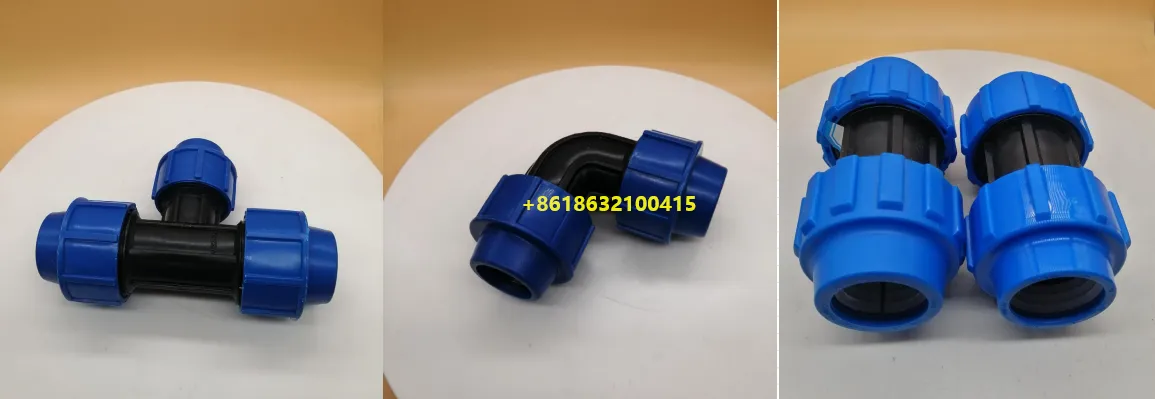Sep . 27, 2024 22:24 Back to list
Wholesale HDPE Pipe Sizes and Diameters for Various Applications and Industries
Understanding Wholesale HDPE Pipe Diameters A Comprehensive Guide
High-Density Polyethylene (HDPE) pipes have become increasingly popular in various industries, primarily due to their impressive strength, durability, and resistance to corrosion and chemicals. These pipes are widely used in water distribution, wastewater management, and gas distribution systems. However, when purchasing HDPE pipes, one critical aspect that buyers must consider is the diameter of the pipes. In this article, we will delve into the significance of HDPE pipe diameters and the considerations for wholesale purchases.
Importance of Pipe Diameter
The diameter of HDPE pipes plays a crucial role in determining their flow capacity and suitability for specific applications. Larger diameters can accommodate higher volumes of fluid, making them ideal for mainline distribution systems. Conversely, smaller diameters are often used for lateral connections or in systems where lower flow rates are expected. Consequently, understanding the appropriate diameters is vital for achieving efficient system performance.
Standard HDPE Pipe Diameters
HDPE pipes are available in a range of diameters, typically measured in inches or millimeters. The most common diameters in the wholesale market for HDPE pipes include
- ¾ inch (20 mm) Often used for irrigation systems, residential water supply lines, and smaller scale agricultural applications. - 1 inch (25 mm) Commonly used for both residential and commercial plumbing applications where moderate flow rates are required. - 2 inch (50 mm) Frequently found in larger irrigation setups and some industrial applications. - 4 inch (100 mm) Utilized in sewage and drainage systems, as well as in applications requiring higher flow rates. - 6 inch (150 mm), 8 inch (200 mm), and larger Employed extensively in municipal water systems, large scale irrigation, and industrial applications due to their ability to handle significant water flows.
Choosing the Right Diameter
Selecting the right HDPE pipe diameter requires consideration of several factors, including
1. Flow Requirements Understanding the expected flow rate is essential. Larger diameters support higher flow rates, while smaller diameters suffice for lower flow requirements.
2. Pressure Ratings The diameter can also affect the pressure ratings of the piping system. Smaller pipes generally have higher pressure ratings compared to larger pipes.
3. Application Whether the pipe will be used for drinking water, wastewater, or industrial purposes can influence the diameter choice. For example, potable water systems may require stricter standards and specific dimensions.
wholesale hdpe pipe diameters

4. Future Expansion It's wise to consider the potential for future increases in demand. Opting for a slightly larger diameter can save costs on upgrades later.
5. Regulatory Standards Different regions have specific standards and regulations concerning pipe sizes for certain applications. It's crucial to ensure compliance with these standards when selecting pipe diameters.
Wholesale Purchasing Considerations
When buying HDPE pipes in bulk, there are several factors to keep in mind
- Vendor Reputation Choose suppliers with a proven track record in providing high-quality HDPE pipes. Checking customer reviews and asking for references can aid in this decision.
- Material Certification Ensure that the HDPE pipes meet necessary durability and safety certifications. This is particularly important for applications involving potable water.
- Pricing and Quantity Discounts Bulk purchases often come with discounts. It’s beneficial to compare prices and consider long-term contracts for better rates.
- Delivery and Logistics Consider the logistics involved in transporting large quantities of pipes, including delivery timelines and associated costs.
- Technical Support Opt for suppliers that provide technical assistance and guidance regarding installation and maintenance of the HDPE pipes.
Conclusion
In summary, understanding wholesale HDPE pipe diameters is crucial for professionals in construction, plumbing, and various industrial sectors. By assessing the specific requirements of a project and considering factors such as flow capacity, pressure ratings, and application needs, buyers can make informed decisions that lead to efficient and sustainable systems. A thoughtful approach to selecting pipe diameters and choosing reputable suppliers will ensure that projects run smoothly and meet their intended goals.
-
High-Quality PVC Borehole Pipes Durable & Versatile Pipe Solutions
NewsJul.08,2025
-
High-Quality PVC Perforated Pipes for Efficient Drainage Leading Manufacturers & Factories
NewsJul.08,2025
-
High-Quality PVC Borehole Pipes Durable Pipe Solutions by Leading Manufacturer
NewsJul.08,2025
-
High-Quality PVC Borehole Pipes Reliable PVC Pipe Manufacturer Solutions
NewsJul.07,2025
-
High-Quality UPVC Drain Pipes Durable HDPE & Drain Pipe Solutions
NewsJul.07,2025
-
High-Quality Conduit Pipes & HDPE Conduit Fittings Manufacturer Reliable Factory Supply
NewsJul.06,2025

